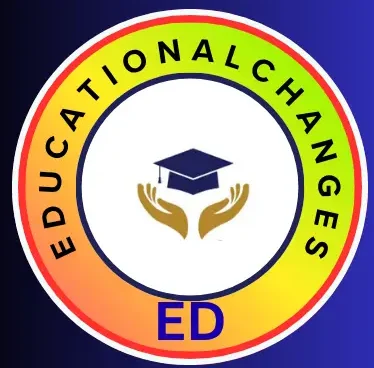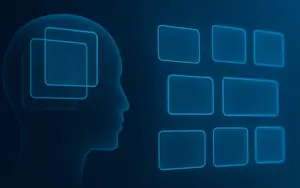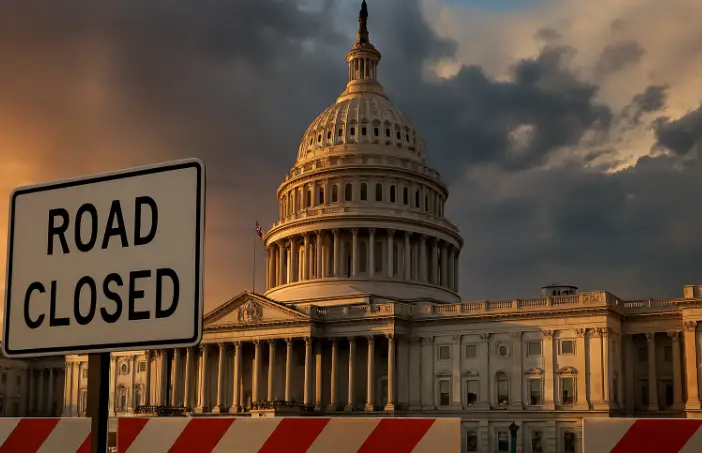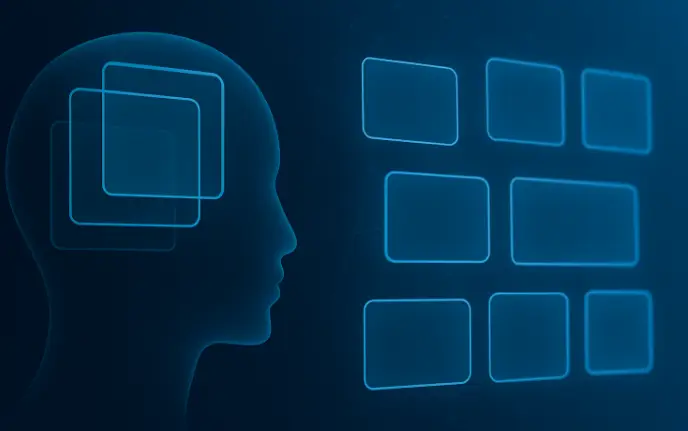Breaking Barriers: Ensuring Access to Quality Education for All
1. Introduction: Quality Education for Everyone
Education is a basic right in humanity which is a basis to nurturing human capital and an overall development of society. It enhance people’s power, brings equity, and sustains economic development. However, many people all over the world continue to suffer from acute shortages of quality education.
These include geographical barriers, socio-economic factors, and others that reduce or deny the citizens those benefits accrued from education. Solving these problems is the key to establishing equality when giving people the opportunity to be successful in what they are doing. Tackling capacity and its centrality, this article outlines major barriers, creativity and most importantly, shared accountability in achieving the goal of delivering quality education for all.
2. It further comprehend impediments of Quality education.
Exclusion from education may be determined by economic, cultural, geographical or systematic factors. Studying is the biggest challenge since children from poor families in the affected communities are more likely to crawl from poverty than attend school. In rural areas the problem is worse because there are no social amenities like schools, there are no good roads or means of transport.
The girls are denied an education because they are girls and that blows the culturally accepted norm on education. These challenges are systemic, “teachers are not adequately trained and educated.. lack of educational resources makes the situation worse and many children lack proper learning environment. Identifying these barriers is the right start in dealing with them.
3. The possibility to use technology in the further process of Education Access
It will therefore be observed that technology has gone a long way in addressing issues of learning deficiencies. Educational management software, online classes, and learning app have helped in delivering education to distant and untouched area.
Reading programs through One Laptop per Child and learning through smartphones affords students the opportunity to use quality resources irrespective of the geography. Nevertheless, the ratio of people possessing the devices to access the internet and those who do not is still a big concern. Closing this gap is imperative to achieve technology capacity for equitable delivery of education.
4. Effect Of Gender Inequality
Female evil lacks sufficiency education, and this is true in the developing world. Early marriages, culture and beliefs which and gender violence denies the girl child an opportunity to study algebra. Education empowers women and not only assists them, but moves the whole community forward as well.
These barriers can only be broken through additional programs such as scholarships, transportation means, and most important the mentorship to the girls. Discriminations must be ended so that every child should have equal rights to get education and for this female gender equality has to be given top most priority.
5. The Importance of the Community Participation
It is evident from the analysis that communities have a central role to in the enhancement of education access. At the micro level, solutions are to be found in parental and teachers associations, community schools and grass-root advocacy.
Parents and local leaders should be encouraged to support education it creates a good foundation for learning. More important, heuristic responsibilities also activate communities as socially relevant and imperative so that solutions fit local cultural contexts and sustainability needs often missed by broader policies. Promoting stakeholder participatory involvement at the community level is a major way that enhances universal education.
6. Government polices and global initiatives table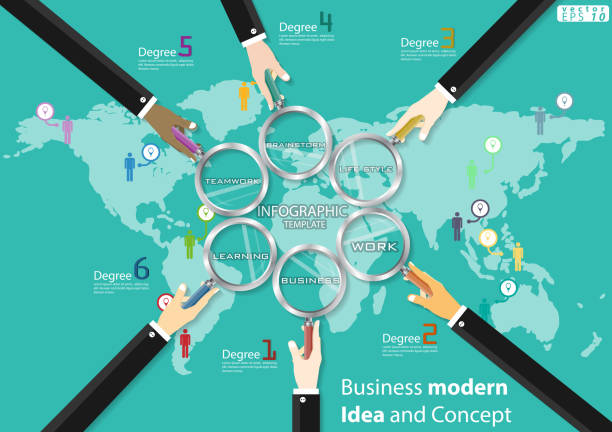
Education reforms are fostered by governments and international organizations. In this regard, there are factors like free primary education, compulsory schooling as well as monetary definite schemes in the selection process. International organizations, for example, the United Nations Sustainable Development Goal Number 4, focuses on quality education for all with out prejudice.
These efforts are supported through collaboration with governments, NGOs, and the private sectors to enhance resource and expertise. Commitment making is a key component of leadership, in this case, and complete policy implementation and accountability are required to translate these commitments into results.
7. Special Quality Education Needs tackled
Differed also is that the student disabilities are diversely accounted for, while the victims of discrimination, lack of resources and inaccessible infrastructure have doubly many barriers in education. Secondly, insofar as inclusive education policies push towards promoting inclusive education policies because it is important that all children, irrespective of what their abilities are, can be supported in learning.
According to them, this is essential to the measures, so teachers need to be provided with specialised training in the use of adaptive learning tools, as well as have accessible facilities. Countries which currently have such education in their reference point are already an adoption to overcome barriers in studying, diversity and so on.
8. Role of teachers in Education Transformation
But education without that teachers is a bad thing because there is no education without quality education to a student. If trained, compensated fairly, and have professional development, they’re good at teaching because they’re better trained.
Teachers also mirror what the students like to do, their hopes and their attitude towards learning. Just like we do firmly realize and stand with teachers as we do firmly believe in and support getting quality education to everyone.
9. Education Delivery being a space that prides itself in being innovative, so we thought it would be interesting to explore.
The removal of the educational barrier will be changed by innovation. For instance, we have mobile schools, floating classrooms, solar powered learning centers, etc., the other creative solutions that are being done.
Blended learning refers to the entre of traditional training approaches with digital tools to support the variety of the learning requirements of many. No child can be left behind because he and educators and policy makers come outside of the box.
10. Quality Education: The Economic Benefits
As an investment, education pays off: Especially for individuals and societies. If you are educated and stabled you will contribute to the economy and you will help break the cycle of poverty.
A well educated workforce is an engine for innovation, productivity and competitiveness on the world stage, and for nations. Education plays a vital role in national and global agenda because we need to surprise it in our favor.
11. Overcoming the Educational Inequality in Crises Situations.
Starves millions of learning in the education systems.
Conflicts; natural disasters; pandemics; Education is almost always deprioritized during a crisis to disenfranchise already marginalized vulnerable populations. This is particularly true in such contexts: Essential are creating temporary learning spaces, psychosocial support and such other humanitarian efforts. Then we have to create resilient education systems that can simply do that—keep on and be steady for the students—when the emergency comes.
12. Conclusion: A Collective Responsibility
Quality Education is a shared responsibility. And we are going to have to bust barriers and build inclusive systems: It’s work that governments, communities, educators and individuals can all be a part of, it’s education that isn’t a means of self empowerment, it’s a means of enabling social mobility, otherwise in other words, the one thing that feeds each and every hope and dream we hold in this country.
If it is a call for an education of all, it has to be equal and so we have to close those inequalities, we have to deliver innovative solutions and build a future where every single child, regardless of background, can learn and flourish. This is a tough fight for universal education, but it’s necessary to get to a more equal world.
